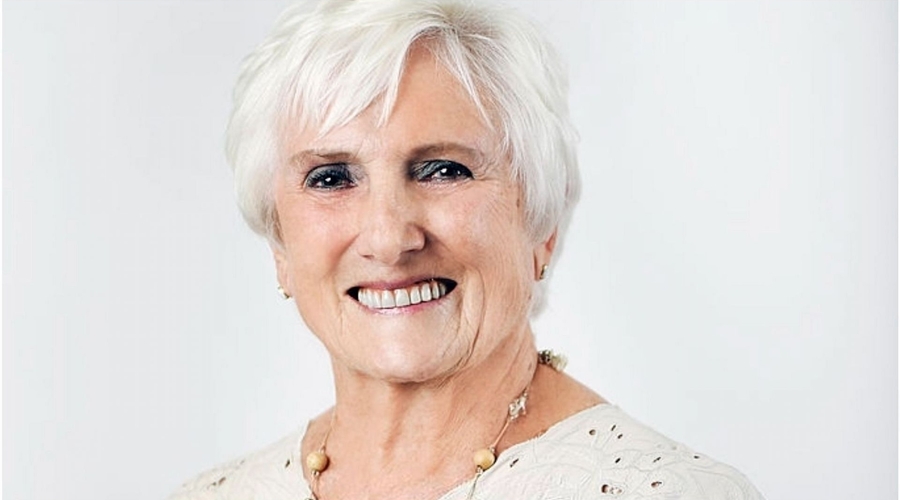Beryl Vertue, who died last month at the age of 90, was one of that handful of people who deserve to be described as an industry legend.
Interviewing or bumping into Beryl was a privilege, not least because the experience put you in touch with television’s first golden age.
Her south London accent and non-nonsense style – and, yes, she didn’t suffer fools – stood out in a business where sycophancy and insincerity are so often the order of the day.
She was famous for producing the hit comedies Men Behaving Badly and Coupling, and for being responsible for the first format sale of a British sitcom (Steptoe and Son) to a US network. But that was only part of an incredible life that reads like the stuff of fiction.
Beryl, who received an RTS Lifetime Achievement Award in 2012, was a pioneering figure in British independent production: she set up Hartswood Films in 1979, an extraordinarily far-sighted move; helped to write the first Pact agreement when she was Chair of the producers’ body; executive produced films such as The Plank; made documentaries on a wide range of subjects, including one on the early life of the Queen Mother and one about a florist preparing for the Chelsea Flower Show. And, of course, she was the executive producer of Sherlock, one of the defining TV dramas of the 21st century.
She began her career in TV more by chance than planning. The daughter of a south London garage owner, she started her working life as a typist. In the early 1950s, she contracted tuberculosis and, while in hospital, a schoolfriend, comedy writer Alan Simpson, asked her to join Associated London Scripts (ALS) as a secretary.
There, she worked with numerous funny men, including Tony Hancock, Frankie Howerd and Spike Milligan, and eventually became their agent after persuading the BBC to pay an extra five guineas an episode for Hancock’s Half Hour.
At ALS, she started producing, a career that would last for more than six decades, and selling format rights to Steptoe and Son, Till Death Us Do Part, It’s a Knockout and Upstairs Downstairs.
In 1967, Robert Stigwood, the manager of rock bands Cream and the Bee Gees, took a controlling stake in ALS and Beryl became deputy chair of the Stigwood Organisation. In 1975, she was a co-executive producer of the cinema version of The Who’s rock opera, Tommy, directed by Ken Russell and starring Roger Daltrey, Elton John and Tina Turner. It was one of her proudest achievements.
At Hartswood, her first hit was Men Behaving Badly, which initially aired in 1992 on ITV, before switching to the BBC for series 3. Beryl spotted the potential in Simon Nye’s novel of the same name, putting the lad-humour comedy on to the small screen with a cast including Harry Enfield (for series 1), Neil Morrissey, Caroline Quentin, Leslie Ash and Martin Clunes.
Another Hartswood hit, Coupling, launched in 2000. The show, about a group of young singles, was based on a script by Steven Moffat and was inspired by his relationship with his wife, Sue Vertue, Beryl’s daughter, who produced the series.
There were also three series of the comedy, Is It Legal? for ITV and then Channel 4 – another example of her extraordinary selling skills and tenacity as she moved the show from one channel to another, repeating the trick she’d so successfully accomplished with Men Behaving Badly.
Moffat and Sue Vertue’s professional partnership continued with Sherlock, with Moffat co-creating the series with Mark Gatiss, and Sue Vertue producing.
Announcing Beryl’s death, her daughters, Debbie and Sue, said: “It’s with the heaviest of hearts that we have to share the sad news that mum/Beryl passed away peacefully last night [Saturday 12 February].
“It wasn’t Covid, it was just her nearly 91-year-old body saying enough is enough. We were there, so the passing was as good as one could hope for. Nothing wrong with her brain – earlier this week she was grilling us both about work.
“It’s really impossible to believe that she has gone, though, because we know we’re not alone in thinking that somehow she’d go on for ever. She meant so much to so many.”







